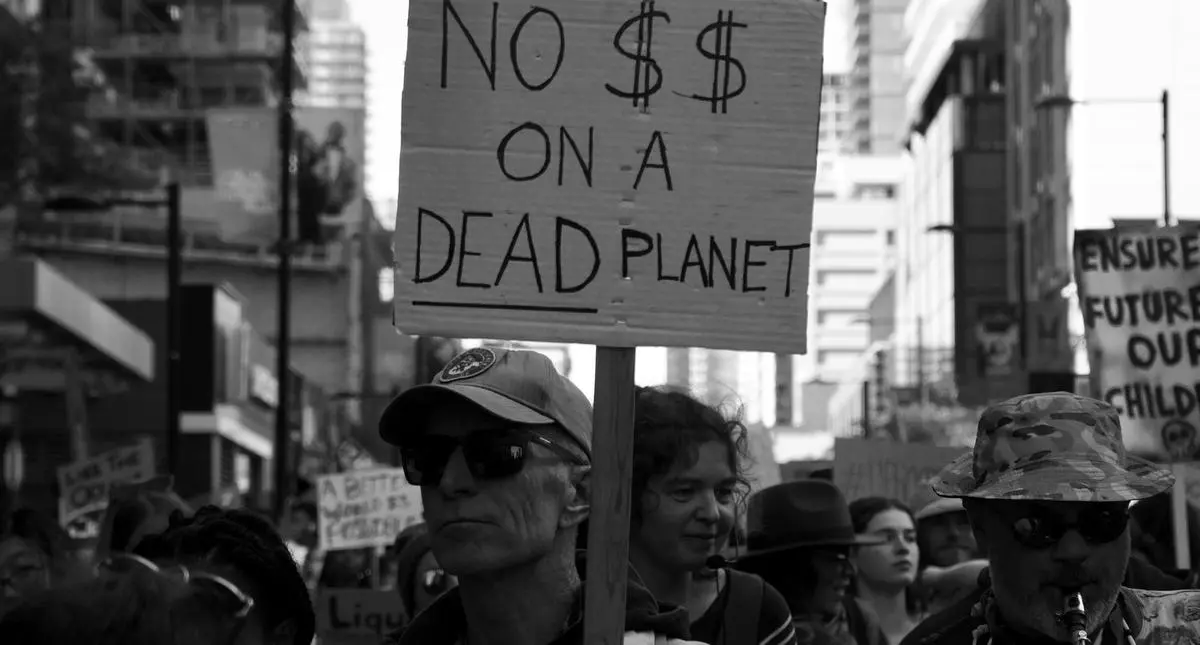by JINOY JOSE P.

Dear reader,
Imagine a grim underground cavern. Here, prisoners have been chained since childhood. Their necks and legs are fixed in place, forcing them to stare perpetually at a blank wall before them. Behind these wretched souls burns a great fire, and between this fire and the prisoners runs a raised walkway where hidden figures carry various objects that cast shadows on the wall. These dancing shadows, these pale imitations of reality, make up the prisoners’ entire world—their truth, their reality, their everything. For instance, when they speak of a tree or a mountain or justice, they refer merely to these flickering phantoms, never suspecting the authentic forms that exist beyond their shadowy theatre.
I am not talking about the next psycho-horror. This is an ancient allegory: Plato’s “Allegory of the Cave”. In this cave, humanity exists in a state of stage-managed deception. A kind of Matrix. But what makes this allegory interesting today is how perfectly it describes the relationship between state and citizens through history. We are the prisoners, with governments and those who control governments our puppet masters, and official narratives the shadows we mistake for reality.
The true genius lies not just in the elaborate deception—but in our willing participation in our own imprisonment.
The relationship between states and citizens might be the longest-running con game in human history. Before we had social media influencers selling us diet teas, we had emperors, kings, and various government officials convincing ordinary people that getting exploited was actually in their best interest.
Ancient Rome had the “bread and circuses” approach—keep the masses fed (barely) and entertained (violently) so they will not notice that you are systematically looting the empire. China’s dynastic rulers claimed the “Mandate of Heaven” (much like many of their counterparts elsewhere, including in India or, closer home to me, Kerala’s Travancore), essentially saying, God wants us to be super rich while you lesser mortals can farm rice until you die.
Medieval Europe took this creative storytelling to new heights. Feudal lords convinced peasants that backbreaking labour in exchange for “protection” was a fair trade. As G.K. Chesterton so brilliantly put it: “The poor have sometimes objected to being governed badly; the rich have always objected to being governed at all.” This quote lives rent-free in my head, which is ironic since rent is precisely what the landed gentry was collecting while contributing exactly nothing to society.
European powers didn’t just take land, resources, and freedom from indigenous peoples worldwide. They had the audacity to frame it as doing them a favour. “We’re civilising you!” they announced, while simultaneously destroying civilisations that had thrived for thousands of years. The British wasn’t plundering India; it was “improving” it by extracting, according to researchers such as Utsa Patnaik, $45 trillion in wealth. That’s not a typo. That’s what I call an aggressive improvement plan!
Frontline for more
